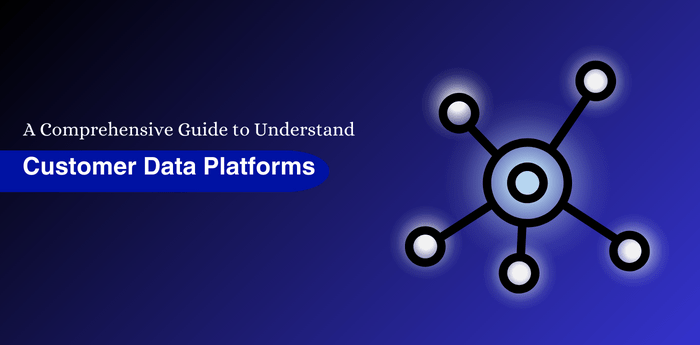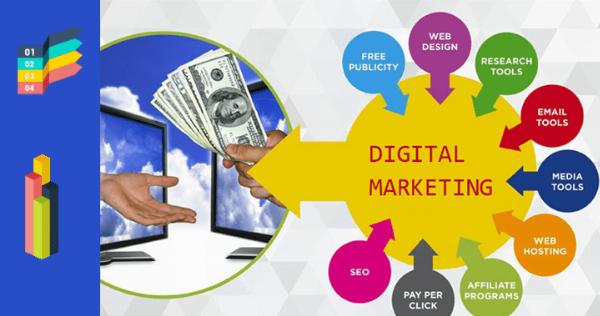Designing Impactful AI-Powered Mental Health Apps: A Comprehensive Guide
The recent surge in mental health issues, including anxiety, depression, stress, and burnout, has created a pressing need for innovative solutions. Among these, the development of AI-powered mental health apps stands out as a promising development. These apps offer scalable interventions that make mental care more inclusive and accessible, providing 24/7 support and tailored support based on individual needs. For many, these apps have become a lifeline, offering real-time mood tracking, cognitive behavioral therapy (CBT) modules, and conversational agents.
Why Invest in AI Mental Health App Development?
Growing Need for Mental Wellness Instruments
The World Health Organization (WHO) estimates that over 970 million people globally suffered from a mental health condition in 2019. These figures have notably risen since the pandemic. Traditional therapy approaches are often costly, time-consuming, and inaccessible to many. AI mental health apps provide an affordable and effective alternative.
Scalability and 24-Hour Accessibility
AI can provide mental health treatment on demand, unlike human therapists. This is particularly important for those living in underprivileged or remote locations. Moreover, one AI-powered system can support thousands of concurrent users, lowering running expenses.
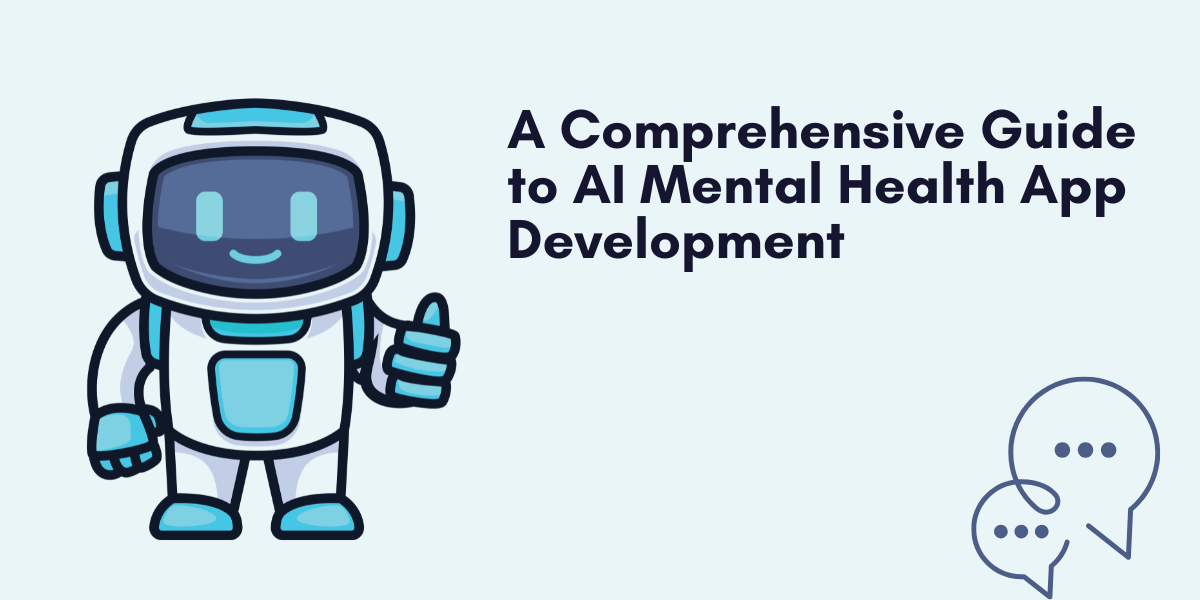
Customizing and Real-Time Understanding
By analyzing user data—including voice tone, typing speed, facial expressions, and behavioral patterns—AI algorithms can customize therapy sessions or provide recommendations. This individualized approach leads to more successful and meaningful mental health support.
Increasing Commercial Prospects
Many are leveraging this niche, from startups to behemoths in the healthcare industry. Working with an AI software development company in NYC can provide the technological basis and industry knowledge needed to differentiate you in a crowded market.
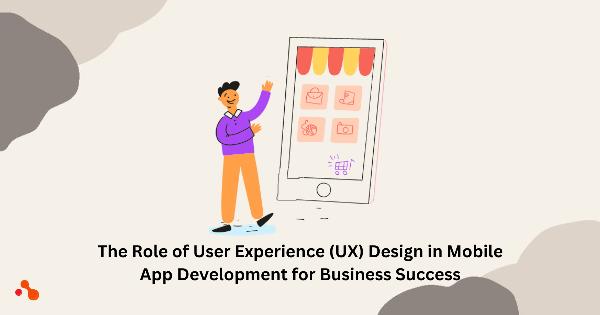
Intuitive Features of AI Mental Health Apps
Creating a successful AI-driven mental health app requires careful attention to features that prioritize user experience and therapy outcomes. Here are the essential functionalities:
AI-Powered Chatbots
Conversational agents powered by natural language processing (NLP) offer empathetic conversations, mood tracking, and stress management exercises. These bots often simulate the experience of speaking to a human therapist.
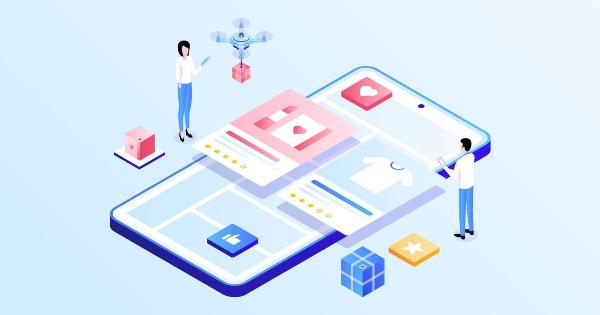
Mood and Emotion Tracking
Using daily check-ins and emotion analytics, the app can record and track the user’s emotional health over time. Graphs and progress indicators help users understand their mental state.
Guided Meditations and Mindfulness Exercises
Pre-recorded audio or video content based on CBT, DBT, or mindfulness techniques can support stress relief and focus improvement.
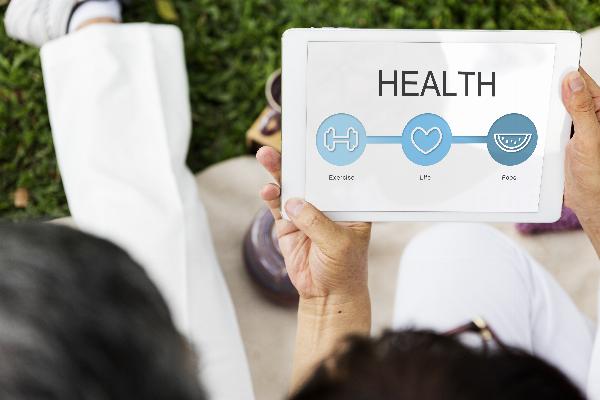
Crisis Management Tools
The app can identify warning signs of severe depression or suicidal ideation and offer emergency intervention protocols or connect users with mental health professionals.
This comprehensive guide provides a roadmap for designingAI-driven mental health apps that can make an impactful and meaningful change in individuals' lives. It offers practical tips, case studies of successful platforms paired with strategic approaches to tackle various psychological issues.
This comprehensive guide, 'Designing Impactful AI-Powered Mental Health Apps: A Comprehensive Guide,' offers a valuable blueprint for creators to develop effective and empathetic mental health applications that leverage the potential of artificial intelligence while fostering user wellbeing.
This comprehensive guide offers a profound insight into designing impactful AI-powered mental health applications, providing invaluable tools and strategies for developers to create meaningful platforms that can transform the landscape of digital therapeutics.
As a comprehensive guide, Designing Impactful AI-Powered Mental Health Apps offers an invaluable resource for developers and mental health professionals alike who aim to create innovative solutions using artificial intelligence that can genuinely make positive impacts on users' wellbeing.
Mastering the art of designing AI-driven mental health apps that truly make a positive difference in people's lives, this comprehensive guide pinpoints essential elements for creating impactful solutions.
An in-depth and insightful guide for crafting impactful AI mental health apps, presenting comprehensive strategies to address the evolving challenges of this rapidly growing field.
This comprehensive guide on designing impactful AI-powered mental health apps offers a wealth of practical insights and strategies for creating technology that alleviates emotional distress to positively transform the wellbeing landscape.




